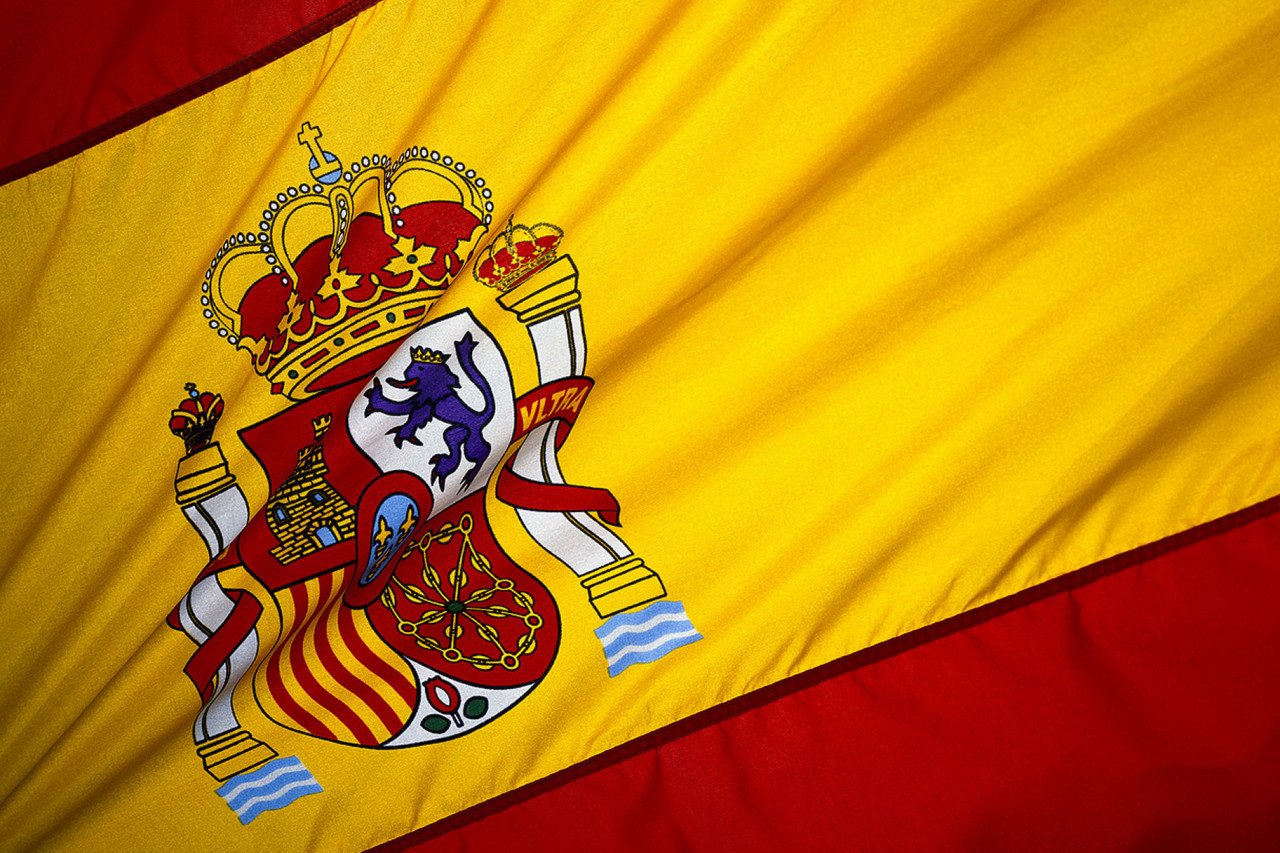Challenges ahead as the political landscape shifts
Today marks the 45th anniversary of the ratification of the Spanish Constitution in 1978, a significant milestone on the country’s path to democracy. Sanctioned by King Juan Carlos I, the Constitution signalled the dawn of a new era for Spain, just three years after the death of General Franco.
Whereas previous constitutions had been imposed upon the people of Spain by individual rulers, the 1978 Constitution was the result of intensive and protracted negotiations between the country’s major political parties. The constitution was meticulously drafted, debated, and ultimately approved by the Constituent Assembly – elected at the 1977 General Election – a process rightly celebrated as one of Spain’s greatest democratic successes and a testament to the power of patriotism.
The Constitution’s ratification symbolized the culmination of Spain’s complex transition to democracy, codifying justice, equality, and political pluralism for the first time. Crucially, the 1978 Constitution transformed Spain’s legal framework, a challenging legacy of the Franco era. Under the guidance of King Juan Carlos I, key state institutions were reformed, and the country’s body of law was amended to help pave the way for lasting democracy.
Since 1978, Spain has reaped the benefits of multiparty democracy. It now boasts the 6th largest economy in Europe and is a leading member of the G20. Major Spanish companies such as Inditex, Iberdrola, and Santander have become established global brands, enhancing Spain’s international reputation as a centre of commerce and innovation.
Spanish citizens have reaped the benefits of this economic prosperity. GDP per capita has risen steadily, with Spain now ranking amongst the top 40 in the world. The Soft Power Index ranks Spain at 11th in the world, with the country’s football, tennis, and F1 stars becoming household names around the world.
Yet 45 years on from the ratification of the 1978 Constitution, the future looks far from certain. Economic turbulence threatens to undermine Spain’s recent progress. The country has Europe’s highest unemployment rate, with young people most impacted. Almost half of those aged 16-19 and a quarter of those aged 20-24 are unemployed.
However, it is Spain’s political instability which is proving most alarming. In November, Pedro Sánchez was able to finally form a tentative minority government, bringing to an end almost four months of political paralysis. The formation – and survival – of Sánchez’s government is however reliant upon deals struck with several separatist groups including the pro-Catalan independence Junts party.
Perhaps unsurprisingly, such shifting coalitions have sparked fears for the country’s territorial and cultural integrity. Junts party leader Carles Puigdemont demanded an amnesty for those people prosecuted for their involvement in the successionist movement as the price of his support. The government’s subsequent introduction of an amnesty bill caused widespread protests.
Though Sánchez has made clear his intention to serve a full four-year term, it remains to be seen whether he can bridge the ideological gulf that exists between his various backers. Crucially, it looks doubtful that his government – only the second coalition since the 1930s – will be able to pass any of the major legislation it needs to address its economic and other challenges.
Nearly half a century after ratification, Spain’s Constitution faces serious pressure. Growing political uncertainty has prompted speculation that King Felipe VI may need to exert his rights as head of the country’s constitutional monarchy to break the deadlock and ensure the government can function.
People are losing faith in Spain’s fractured politics. Almost 90% of people report being distrustful of politicians, a figure that is notably higher than most other European countries. With so many competing influences within his government, few believe Sánchez will be able to deliver the stability so many want to see.


















































